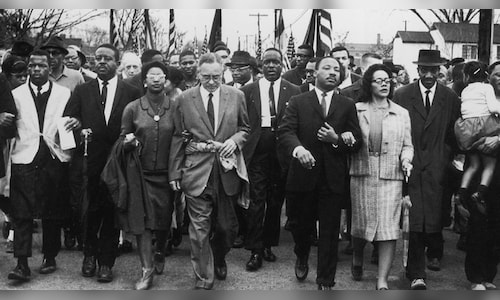SUMMARY
Every four years, millions of Americans go to the polls on the first Tuesday in November, a practice rooted in a unique historical context dating back to the 1840s. While the timing may seem outdated today, the reasons behind it tradition were practical for the time.
The historical context | The choice of November for 19th century elections aligned perfectly with the agricultural calendar. After the harvest and before the onset of harsh winter conditions, November offered an opportunity for farmers and rural voters to participate. Additionally, early voting laws required electors to meet in December, requiring state votes to be held within the previous 34 days. This timing allowed both logistical and legal considerations to be met.
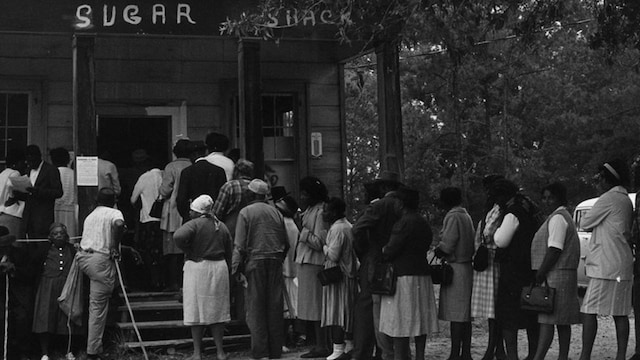
The impact of advances in transportation | Before the 1840s, the lack of a standardized election day did not have a significant impact on voter turnout or the integrity of the electoral process due to slow communication methods. However, the arrival of railroads and the telegraph revolutionized the speed with which election results could be disseminated. To mitigate the risks of voter tampering and prevent people from casting multiple votes across state lines, Congress established a uniform election date.
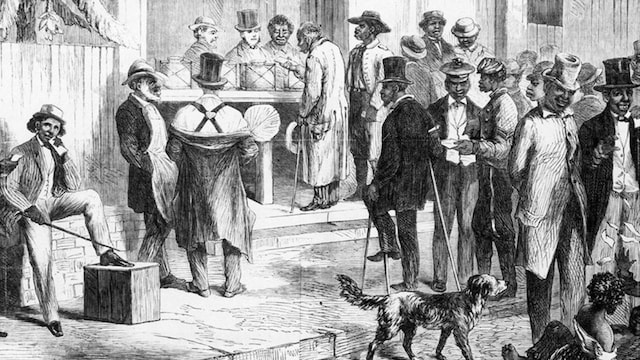
The birth of election day | In 1845, Congress officially designated the first Tuesday after the first Monday in November as Election Day. This choice was deliberate, as it avoided the coincidence with All Saints’ Day (November 1) and took into account the common practice of keeping monthly accounts. The first election held under this new law took place in 1848, solidifying a tradition that has persisted for more than 170 years.
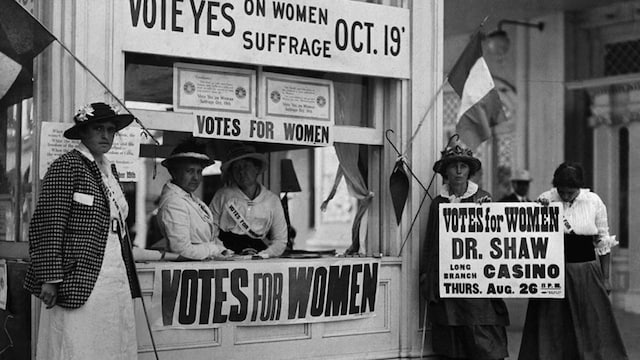
Why Tuesday? The choice of Tuesday as voting day is also due to practical considerations. At that time, many voters needed to travel to polling places in county seats. Given prevailing rules discouraging travel on Sundays, Monday was usually reserved for this trip, making Tuesday the ideal day to cast votes. However, in today’s fast-paced world, this tradition is increasingly seen as an obstacle for many workers struggling to take time off to vote.
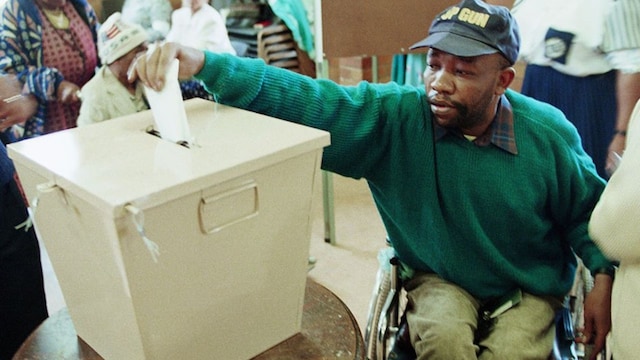
Continuing tradition and calls for change | Despite the challenges posed by Tuesday’s voting schedule, the tradition remains strong. Many electoral reform advocates advocate for more convenient voting options, such as weekend elections, to accommodate modern work schedules. Although early voting and voting by mail have provided some relief, the debate over the need to preserve this historic voting day continues.
Disclaimer:
The information contained in this post is for general information purposes only. We make no representations or warranties of any kind, express or implied, about the completeness, accuracy, reliability, suitability or availability with respect to the website or the information, products, services, or related graphics contained on the post for any purpose.
We respect the intellectual property rights of content creators. If you are the owner of any material featured on our website and have concerns about its use, please contact us. We are committed to addressing any copyright issues promptly and will remove any material within 2 days of receiving a request from the rightful owner.

